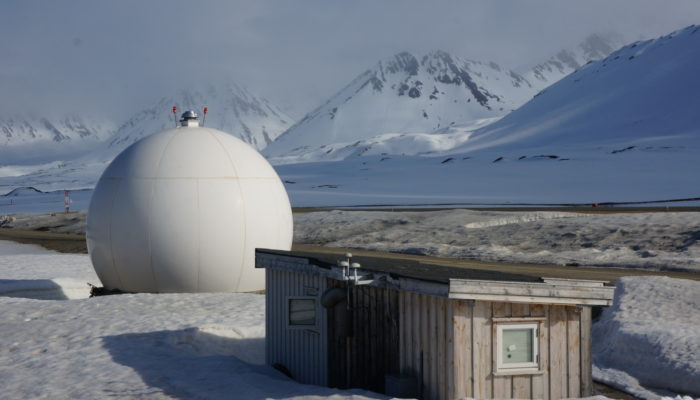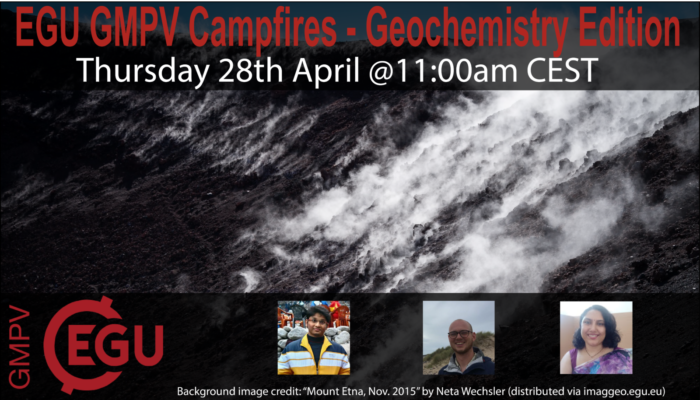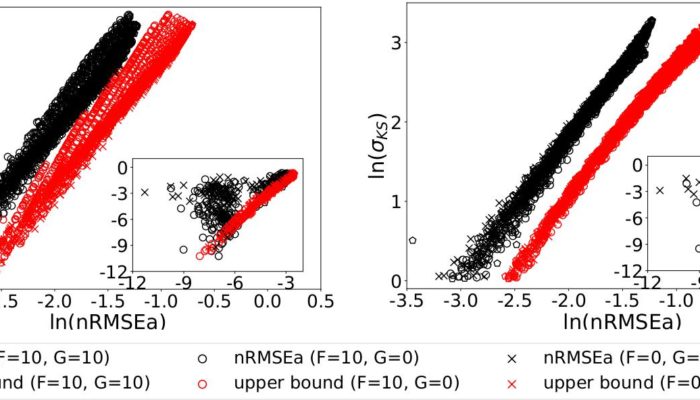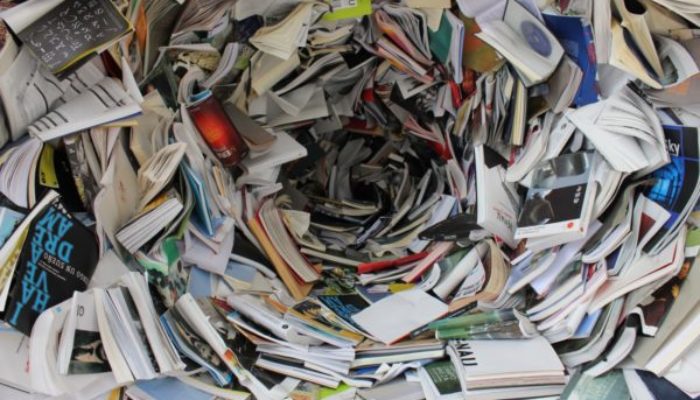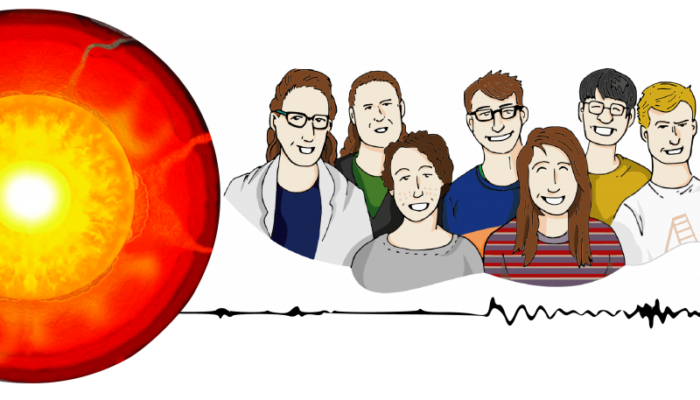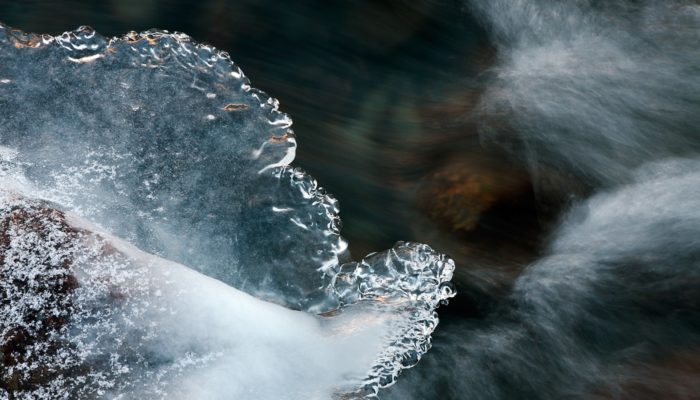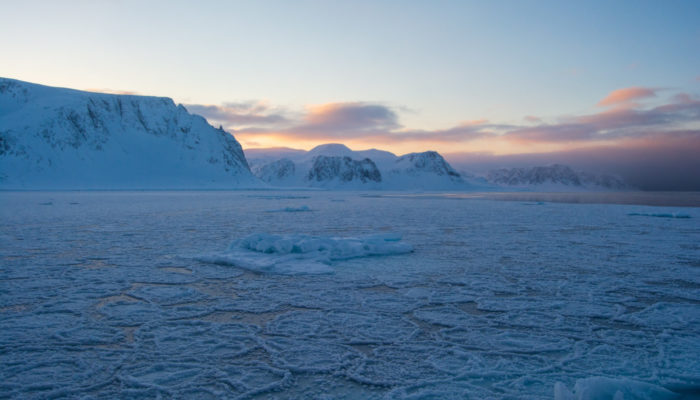After decades of observation, one of the profound consequences of anthropogenic global warming is the rapid rise in temperature in the Arctic, refered to as Arctic Amplification. Compared to the mid-latitudes, warming in the Arctic is twice as fast. The reason is mainly due to the positive feedback of a melting cryosphere: Darker surfaces are revealed from melting cryosphere, reflecting less short ...[Read More]
Geodynamics
To go or not to go (to my PhD graduation)?
You’ve come to the end of your PhD and after years and years of hard work, one last question remains: “Should I go to my PhD graduation?”. This week, we have one of our editors Kiran Chotalia sharing her two cents after she finally attended her in-person graduation this year after it was delayed by the pandemic (TLDR; definitely go!). In March 2020, after four and a half years of hard work, meetin ...[Read More]
Geochemistry, Mineralogy, Petrology & Volcanology
EGU GMPV Campfires – Geochemistry Edition Thursday 28th April 11am CEST
It’s April, the EGU General Assembly is close, but first the Geochemistry, Mineralogy, Petrology and Volcanology division’s early career scientists talks (EGU campfires) are back! The second session in 2022 (and 17th overall) will be a special edition on Geochemistry. The talks will be held on Thursday 28th April at 11am CEST on Zoom. Our three speakers are: Piyal Halder (PhD Student @ Birb ...[Read More]
Nonlinear Processes in Geosciences
NPG Paper of the Month: “Inferring the instability of a dynamical system from the skill of data assimilation exercises”
The NPG paper of the month was awarded to “Inferring the instability of a dynamical system from the skill of data assimilation exercises” by Yumeng Chen, Alberto Carrassi, and Valerio Lucarini. Geophysical systems are usually described by a set of dynamical equations that are often non-linear and chaotic (Ghil and Lucarini, 2020). Errors about the initial state can grow, shrink, or sta ...[Read More]
Tectonics and Structural Geology
TS Must Read – Scholz (1998): Earthquakes and friction laws
Scholz (1998) is the “must-read” review article about rate- and state- variable laws of rock friction. The article is a robust introduction to the state-of-the art of the discipline at the end of the past century and should be considered of particular interest for students and/or early career scientists. In spite of its relative simplicity, rock mechanics unfortunately is still not taught universa ...[Read More]
Natural Hazards
Breaking the glass ceiling in diversity, equity, and inclusion in geosciences
Despite many efforts around Diversity, Equity, and Inclusion (DEI) in Science,Technology, Engineering, and Mathematics (STEM), a noticeable disparity in geosciences still exists. To understand the root cause and steps we can take forward, it was my privilege to talk with Dr Kuheli Dutt, Assistant Dean for DEI at the Massachusetts Institute of Technology (MIT). Before MIT, Dr Dutt was an Assistant ...[Read More]
Seismology
Celebrate Earth Day with the Deep Earth Explorers!
Happy Earth Day 2022! To celebrate this event in a slightly different way, EGU Seismology blog editor Matthew Kemp thought he’d go on a journey to the centre of the Earth, and highlight the work of the Deep Earth Explorers… Back in March 2020, Professor Sanne Cottaar‘s Deep Earth seismology group at the University of Cambridge, UK, unveiled their new exhibit “Deep Earth Exp ...[Read More]
Geodynamics
The Sassy Scientist – Fanciful Ideas
External feedback is important in our job. The right conversation can prevent you from presenting to international experts a whole study based on wrong assumptions (inspired by true events involving weeks of my life that nobody is going to give back to me). What if the external feedback comes from someone who’s not a scientist? Is their point of view, unchained by years of religious beliefs ...[Read More]
Hydrological Sciences
Hydrologists celebrate Earth Day 2022
Today is Earth Day. As hydrologists, we work closely with what covers about 71% of the Earth’s surface: water! How do you feel when surrounded by Earth’s nature? How would you describe the contribution of your research on the water cycle to the wellbeing of our planet? If you should prepare a warning sign to join people marching in the streets on this special day, what would you write? ...[Read More]
Cryospheric Sciences
More pancakes in the future!
More pancakes in the future – that sounds like a very good New Year’s Eve resolution for Sunday brunches, but it could also be a development of the most tasty looking sea ice shape in the Arctic. Let’s find out more! Arctic Sea Ice The growth and melt of Arctic sea ice follows a seasonal cycle. In the springtime, under the midnight sun, the sea ice begins to melt until it reaches its m ...[Read More]

